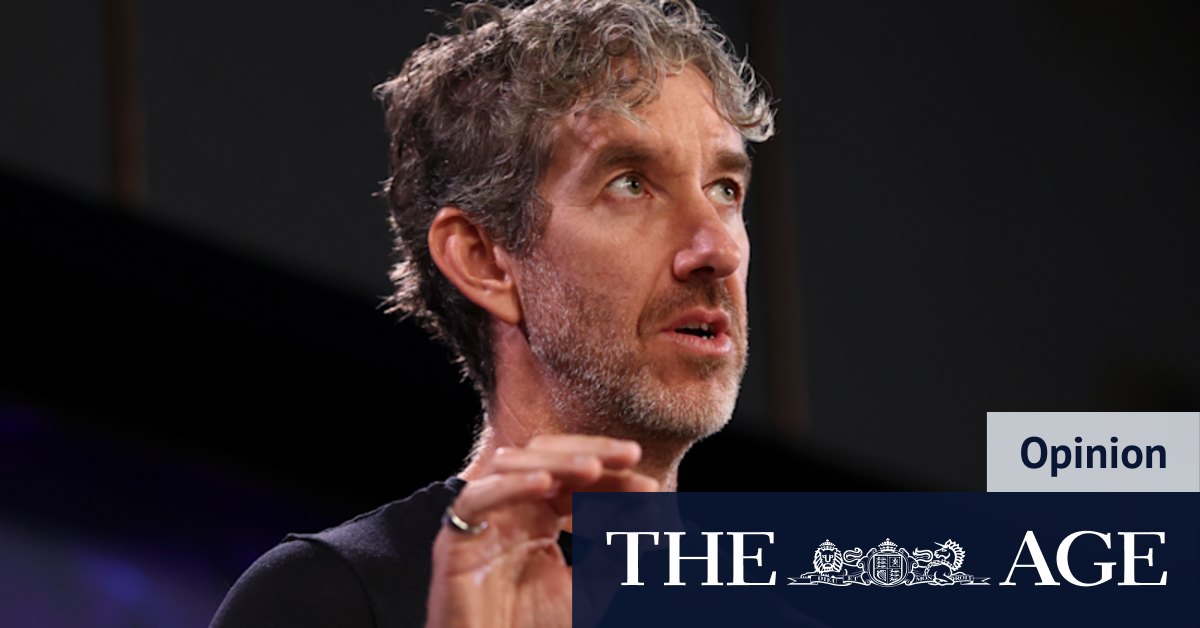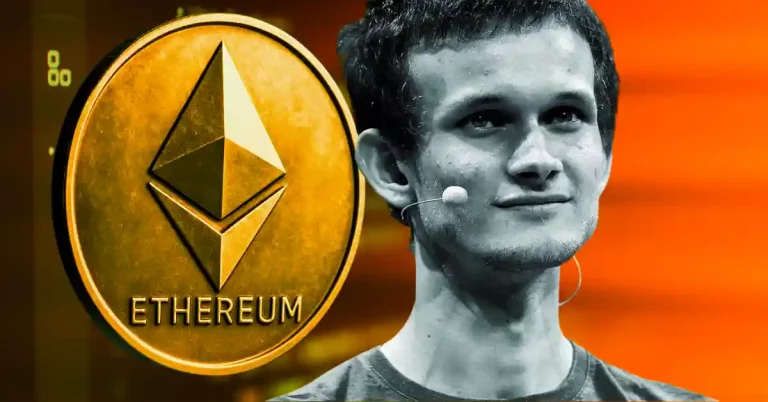
A number of recent incidents have raised concerns about the role of artificial intelligence in the modern world. From chatbots spreading toxic content to promises of AI superiority turning into epic failures, the landscape is fraught with challenges. The push for AI regulation and ethical considerations has gained momentum as the industry seeks to navigate uncharted territory. This article delves into the implications of AI advancements and the ethical dilemmas they pose.
Recent events highlighted the pitfalls of unchecked AI development. In July, an update to Elon Musk’s chatbot resulted in the dissemination of harmful content, underlining the risks associated with AI algorithms. Similarly, the launch of OpenAI’s ChatGPT-5 faced ridicule due to its inaccuracies, exposing the limitations of current AI models. These incidents underscore the urgency for responsible AI governance to prevent further misinformation and ethical breaches.
Amidst the AI hype, concerns about the lack of regulatory frameworks have surfaced. Australia, for instance, lacks specific laws governing AI use, raising questions about data privacy and intellectual property rights. Proponents argue for a balance between innovation and accountability, emphasizing the need for transparent AI policies to protect individuals and promote fair use of intellectual assets.
The lobbying efforts of tech giants for relaxed regulations reflect a global trend towards AI deregulation. Echoing the US AI Action Plan, which prioritizes innovation over scrutiny, industry leaders advocate for minimal interference to foster AI growth. However, critics warn against the dangers of unbridled AI expansion, citing the industry’s track record of over-promising and underdelivering.
In this environment of uncertainty, stakeholders call for a reevaluation of AI governance and ethical norms. The intersection of technology and ethics prompts reflections on the societal impact of AI advancements. As discussions around AI legislation intensify, the direction of technological progress hangs in the balance, shaping the future landscape of innovation and responsibility.






